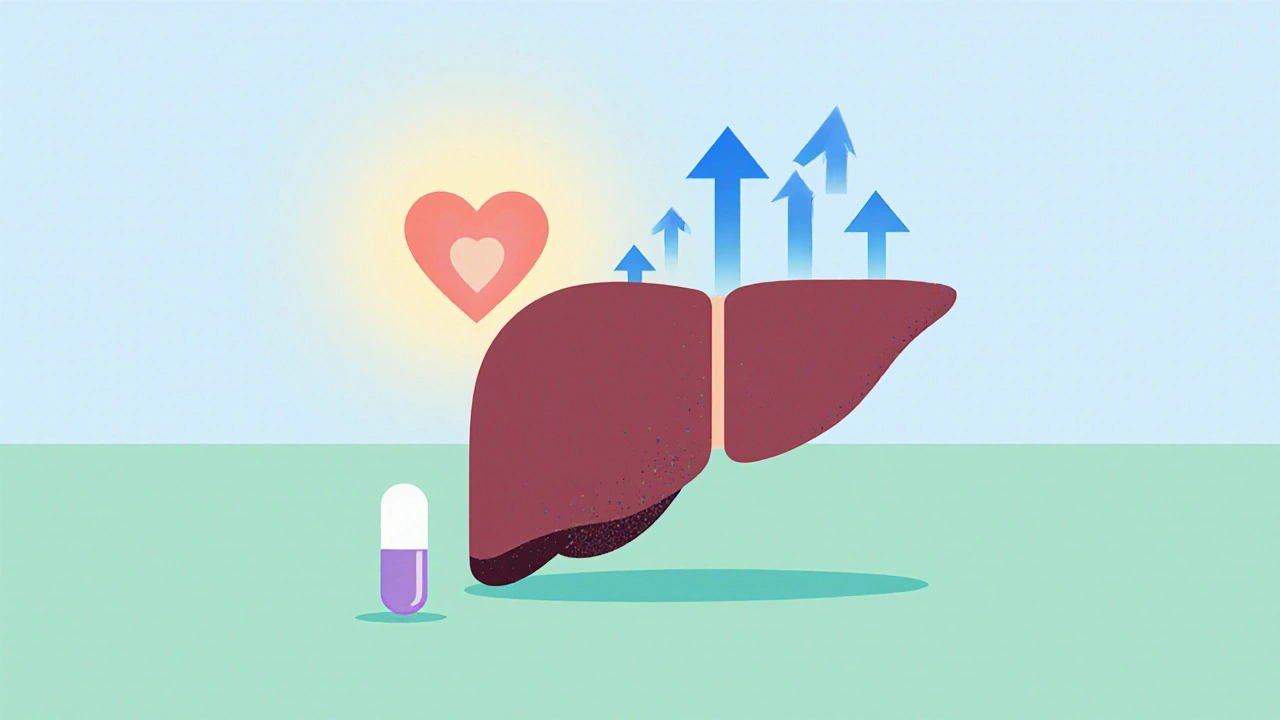Statin Side Effects: What to Expect and How to Handle Them
Statins are the go‑to drugs for lowering cholesterol, but they can bring a few unwanted reactions. Knowing the signs early can save you from panic and keep treatment on track.
Typical side effects you might feel
Most people notice mild muscle aches, especially in the thighs or calves, within the first few weeks. The pain usually eases as your body adjusts, but if it’s sharp or lasts more than a day, call your doctor.
Some users report a slight rise in liver enzymes, which often shows up on routine blood tests. This isn’t always a problem, but doctors keep an eye on it to avoid liver strain.
Digestive upset – like nausea, gas, or loose stools – can appear soon after starting a statin. Eating the pill with food or switching to a slower‑release version often helps.
When to be more concerned
If you develop severe muscle weakness, dark urine, or unexplained fatigue, these could signal a rare condition called rhabdomyolysis. It’s serious, so seek medical help right away.
Persistent memory fog or mood changes have been mentioned by a handful of patients. While the link isn’t clear, discuss any mental shifts with your prescriber.
Allergic reactions such as rash, itching, or swelling are uncommon but possible. Stop the medication and get medical advice if you notice these signs.
Bottom line: most side effects are mild and manageable. Regular check‑ups let your doctor fine‑tune the dose or try a different statin if needed.
Here are quick tips to keep side effects in check: take the pill at night, stay hydrated, and maintain a balanced diet rich in fruits and vegetables. If muscle aches bother you, a short break or a lower dose often brings relief.
Don’t quit on your own. Stopping statins abruptly can raise cholesterol quickly and increase heart‑attack risk. Talk to your doctor before making any changes.
Remember, the goal of statins is to protect your heart for the long run. Knowing what side effects look like and how to respond helps you stay on the safe side while reaping the heart‑health benefits.

Statin-Related Liver Problems: What You Need to Know About Elevated Liver Enzymes
Statin-related liver enzyme elevations are common but rarely dangerous. Learn when to worry, when to ignore, and why stopping your statin over this could be riskier than staying on it.
Read More
Zocor: Uses, Benefits, Risks, and What to Know About Simvastatin
Zocor, or simvastatin, is a widely prescribed statin used to lower cholesterol and reduce heart disease risk. This article breaks down how Zocor works, its real-world benefits, potential side effects, and tips for managing cholesterol while on this drug. Readers will find honest facts and practical advice for living well while taking this medication. Designed for anyone curious about statins, it tackles myths and serves up useful tips from the lived experience, not just a textbook. Discover everything you should know about Zocor right here.
Read More